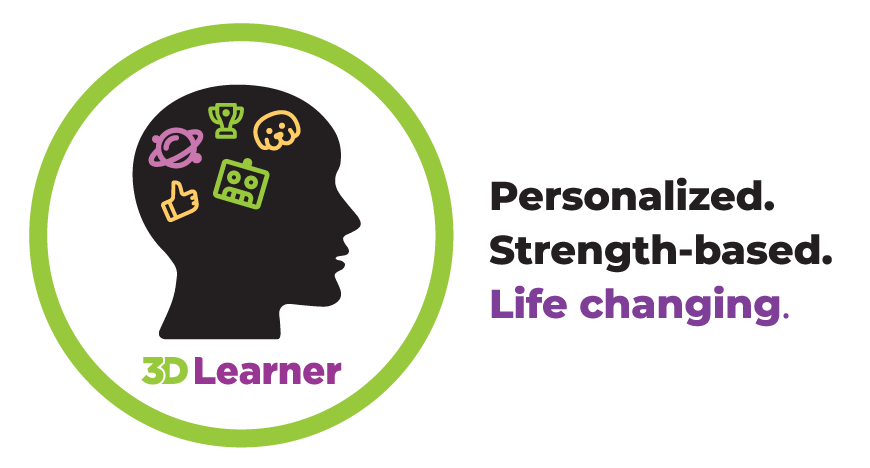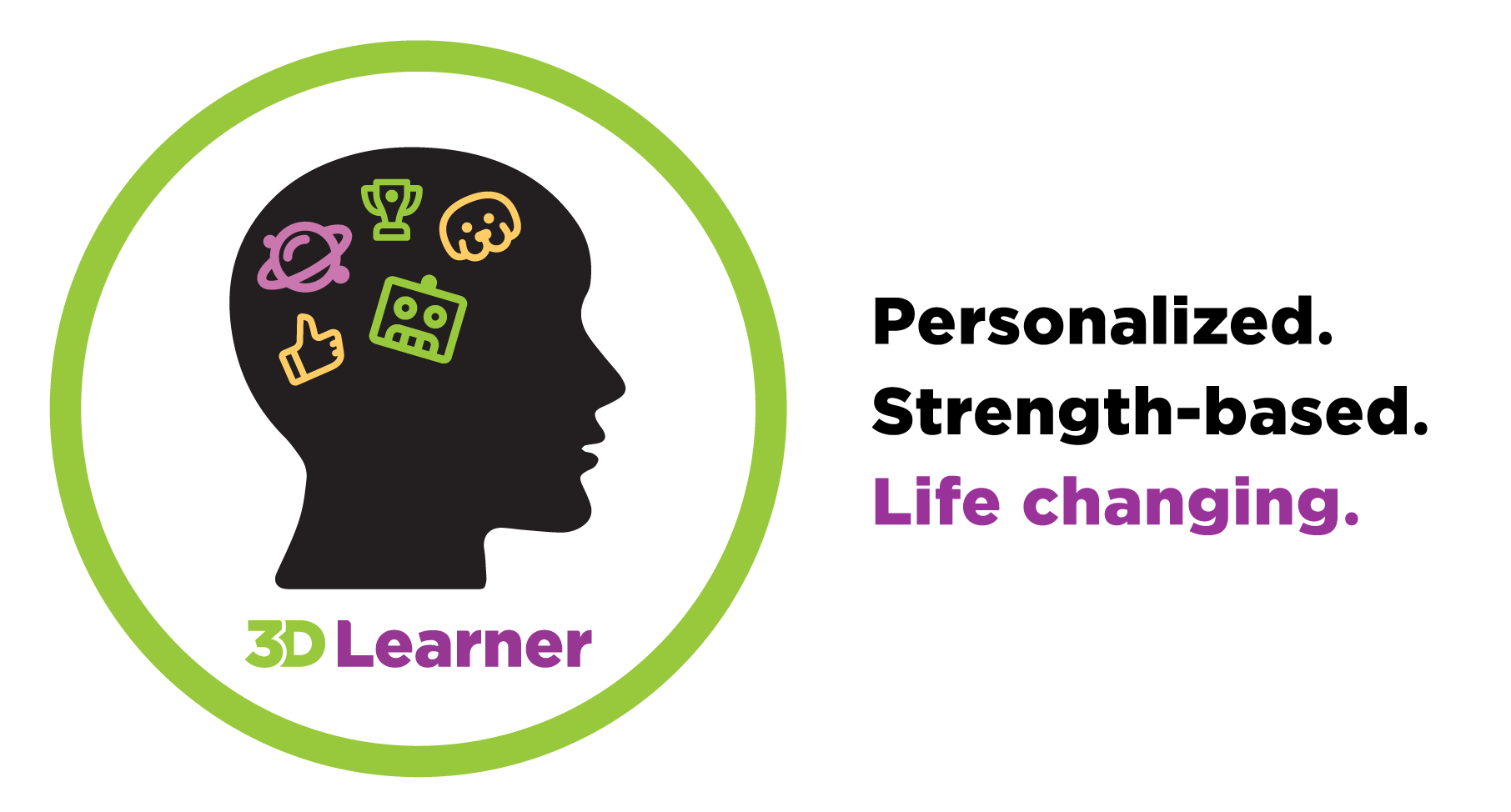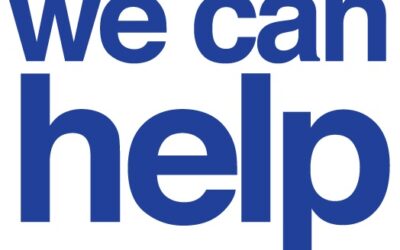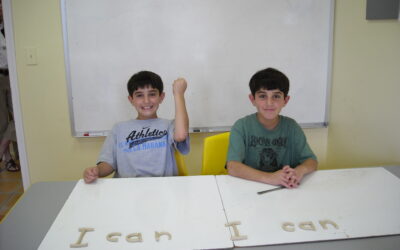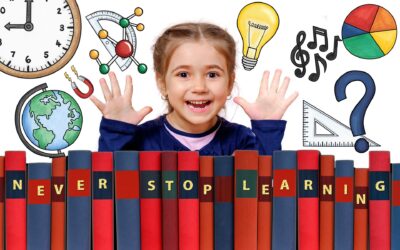3D Learner Blog
Welcome to the latest and greatest thoughts, updates and article recommendations from 3D Learner. Tell us what you think, and what you would like to hear more about.

A Pathway to Reading Fluency and Reading Comprehension Success for Your Right Brain Learner
Reading comprehension is a LOT about language and visualization! This is especially true for the right brain learner, who learns best when he or she sees and experiences information. So much is being discussed about how children learn to read or being taught HOW to...
How to beat third grade retention, or any grade retention
Why would your bright, creative child be at risk for third grade retention or any grade retention? If your child is a neurodivergent, right brain or kinesthetic learner (i.e. sometimes referred to as a hands-on learner or visual learner) they are behind due to their...
The 3D Learner Program ® for Neurodivergent, Right Brain and Kinesthetic Learners From All Over the US and Beyond
(Often Students Have Been Diagnosed with Dyslexia, ADHD and/or Executive Function Challenges) 3D Learner has helped hundreds of students from 40 different states and 12 foreign countries. These students often were identified with dyslexia, ADHD or executive function...
How to Improve Reading Fluency and Reading Comprehension Leveraging the Florida Empowerment Scholarship for Unique Abilities or the Personalized Education Program+++
(call us at 561-361-7495 and ask about our assessment special) (Especially for right brain, kinesthetic and neurodivergent learners) How to improve reading fluency and reading comprehension is a goal for many students who qualify for the Florida Empowerment...
How to Address ADHD and Anxiety — with The Interactive Metronome ®, Heart Math ® and the Safe and Sound Protocol ®
Many parents ask how to address ADHD and anxiety challenges without medication or with lower dosages. At 3D Learner we use the Interactive Metronome, Heart Math and the Safe and Sound Protocol, which together improve attention and reduce anxiety. Note, these tools...
For the Smart Struggling Neurodivergent, Right Brain or Kinesthetic 4th, 5th, or 6th Grader, How Parents Can Make The Difference
The neurodivergent, right brain or kinesthetic learner in 4th, 5th and 6th grades missed critical time in school during the pandemic. They often struggle with reading fluency, reading comprehension, math word problems, processing issues and may struggle with anxiety...
For the Neurodivergent Learner who may have Executive Function Challenges, Dyslexia and/or Auditory or Visual Processing Issues, An Assessment for Disabilities and an Assessment for Success Are Often Both Needed
In our first article on" Getting it Right for Your Child", we discussed several key points: Reading fluency and reading comprehension gaps are often significant -- especially for the right brain, kinesthetic or neurodivergent learner, who learns best when they see and...
Twice Exceptional Neurodivergent Learners are Often Right Brain Kinesthetic Learners with Executive Function Challenges
(Call 3D Learner at 561-361-7495 to put your Twice Exceptional Student on Their Pathway to Success) "Twice exceptional" (2e) students refer to individuals who are both intellectually gifted or talented and may be neurodivergent learners with related challenges. This...
Improve Reading Fluency and Reading Comprehension for Your Right Brain, Kinesthetic or Neurodivergent Learner
At 3D Learner, we focus on Getting It Right for students who are right brain, kinesthetic or neurodivergent learners, who often struggle with reading fluency and reading comprehension. Note, math and anxiety are often challenges, too. In this post pandemic period,...
Leveraging the Florida Empowerment Scholarship for Unique Abilities to Improve Reading Fluency and Reading Comprehension +++
(Especially for right brain, kinesthetic and neurodivergent learners) The Florida Empowerment Scholarship and the Personalized Education Program now provide parents with the opportunity to significantly improve your child’s reading fluency and reading comprehension...
